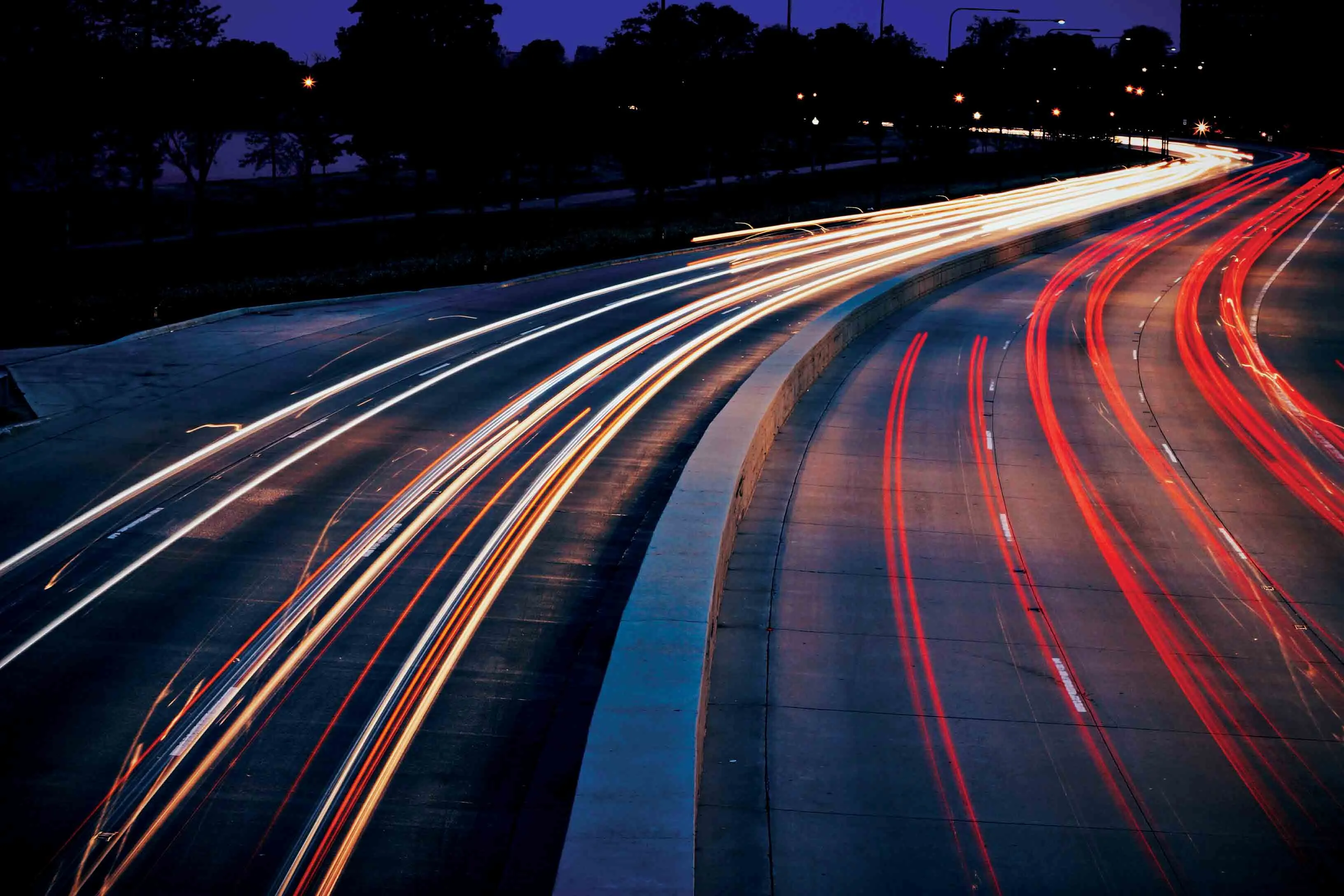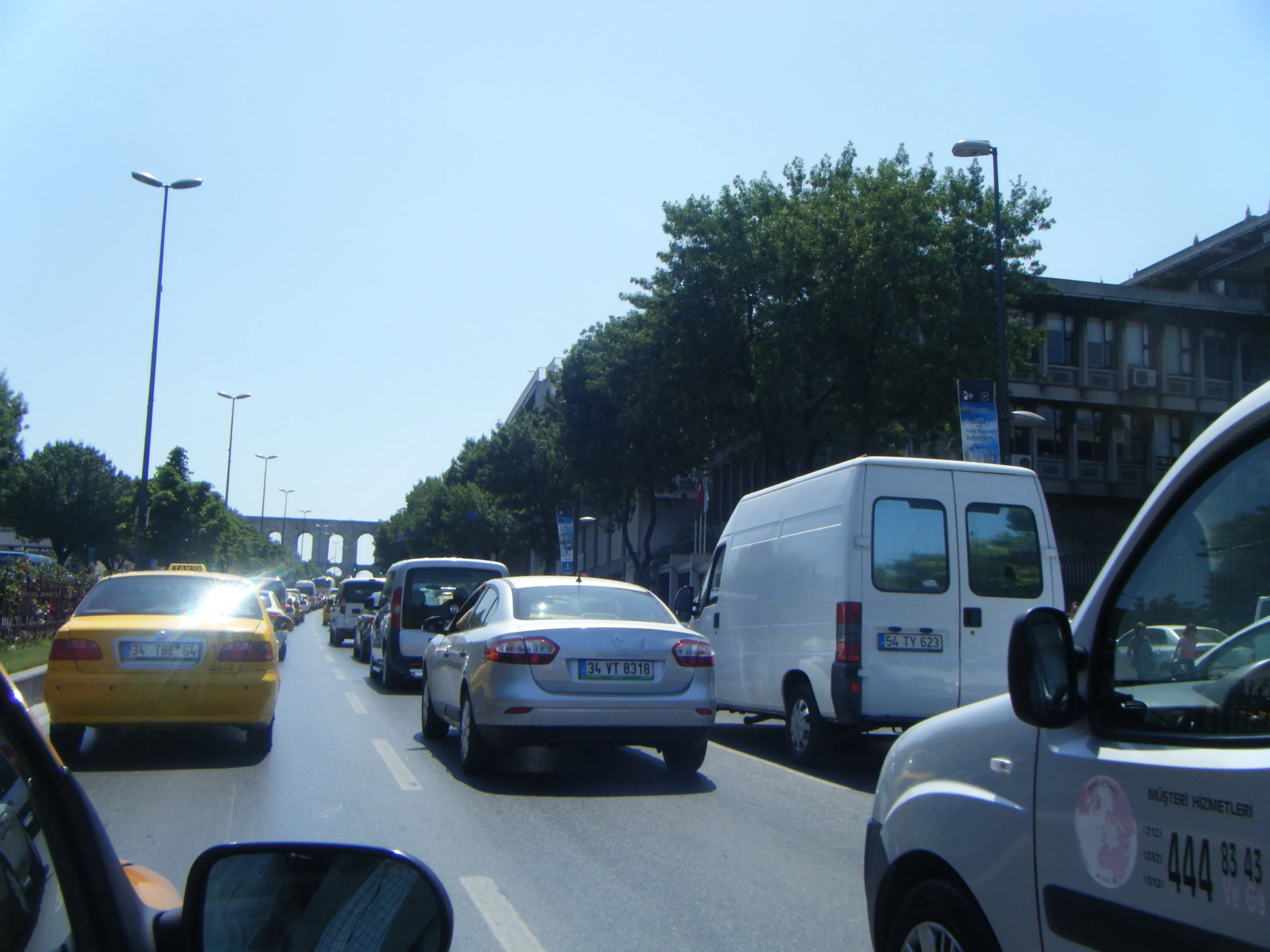The latest data from the
The FHWA’s 2016 Urban Congestion Trends report is based on data from America’s 52 most populous metropolitan areas. This shows that the average congestion worsened, with drivers spending an additional three minutes stuck in traffic compared to 2015. Some areas did see traffic improvements but these were outweighed by those that areas with worsening congestion and longer journey times.
Congestion got worse during peak hours in 2016, as represented by the Travel Time Index which compares peak hour or commuter travel times to free flow travel times. The index increased slightly to 1.35 in 2016 from 1.34 in 2015, meaning that a trip taking 10 minutes in free-flow traffic would now take 13.5 minutes during peak hours.
Other measures in the report showed a slight improvement, including the Planning Time Index which went from 2.65 in 2015 to 2.62 in 2016. The Planning Time Index indicates how long a traveller should plan for a trip to ensure an on-time arrival – the worse the traffic, the larger the score.
American cities depend on efficiently moving traffic, and the new data shows the need to invest in technology.
US congestion issue unveiled by FHWA
The latest data from the US Department of Transportation’s Federal Highway Administration (FHWA) reveals that traffic congestion is worsening.
June 15, 2017
Read time: 2 mins
RSS








